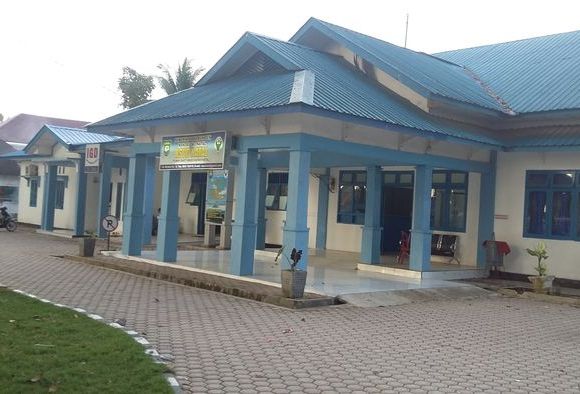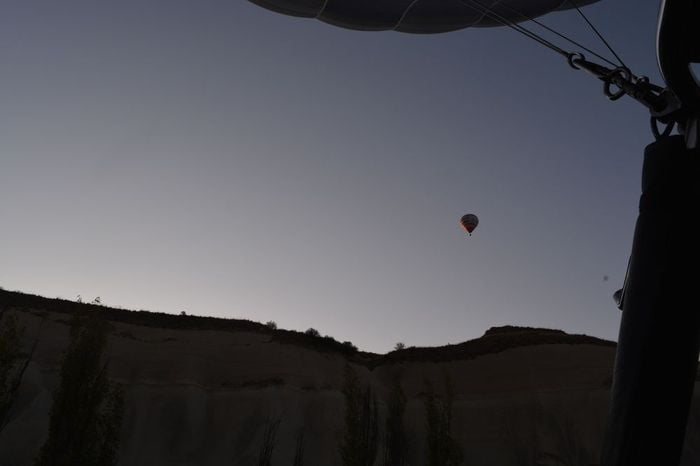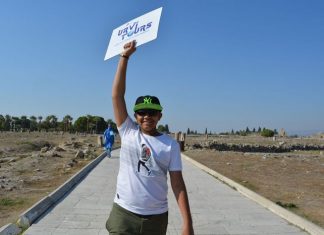An old woman led him to her cottage. She would take care of the piteous fool. His laugh gradually became less horrible, but he still spoke no word. During the night the inmates of the hut were frightened by the sound of his voice. He sang out monotonously: “I don`t know where I shall die!”
Some of the natives collected a little money in order to offer a sacrifice to the crocodile of the Tji-Udjiung, in order to cure Saidjah, whom they thought insane. But he was not insane, for on a certain night when the moon was extraordinarily clear, he rose from his couch and quietly left the hut, and sought out the place where Adinda`s house had stood. It was not easy to find it, for many houses had fallen down. But he recognized the spot by looking at the rays of moonlight that filtered down through the trees, as sailors measure their positions by lighthouses and mountain-tops.
That was the spot. There had Adinda lived!
Stumbling over half-decayed bamboos and pieces of fallen roof, he made his way to the sanctuary which he sought. He found some few remains of the enclosure still standing erect. There had been Adinda`s room, and there was the bamboo pin on which she had hung her dress when she was retiring at night. The walls of the room were turned to dust. He took up a handful of it, pressed it to his lips, and breathed hard. …
The next day he asked the old woman who had taken him in, where the rice-floor was, that stood in Adinda`s house. The woman was glad at last to hear him speak, and ran through the village to look for the remains of the floor. She pointed out to Saidjah the new proprietor, and Saidjah followed in silence. He came to the rice-floor. On it he counted thirty-two lines. . . .
He gave the old woman piastres enough to buy a buffalo, and left Badoer. At Tjilangkahan he bought a fishing-boat, and after sailing for two days, reached the Lampoon Islands, where the insurgents had arisen against the Dutch rule. He joined a troop of Badoer men, not so much with the idea of fighting as of finding Adinda, for he was naturally tender-hearted, and more disposed to sorrow than to bitterness.
Dead body of Adinda`s father
One day after the insurgents had suffered a defeat, he wandered through a village that had just been taken by the Dutch army, and was therefore in flames. Saidjah knew that the defeated troop was composed largely of Badoer men. He wandered like a ghost among the houses that had not yet been burned. In one of them he found the dead body of Adinda`s father with a bayonet wound in the breast. Near him lay the bodies of Adinda`s three brothers, still boys—children, in fact. Not far off lay the body of Adinda, naked and horribly mutilated.
A small piece of blue linen had penetrated into the gaping wound in the breast,, which seemed to have made an end to a long struggle.
Saidjah went off to meet some Dutch soldiers who were driving the lurviving insurgents at the point of the bayonet into the fire of the burning houses. He went out to meet the broad bayonets, and pressed forward with all his might, until the steel was buried up to the hilt in his breast.
Not long after there was much rejoicing at Batavia for the new victory, which so added to the laurels of the Dutch-Indian army. And the Government wrote that tranquillity had been restored in the Lampoons. The King of Holland, enlightened by his statesmen, again rewarded so much heroism with many orders of knighthood.
Read More about Falcon part 2








